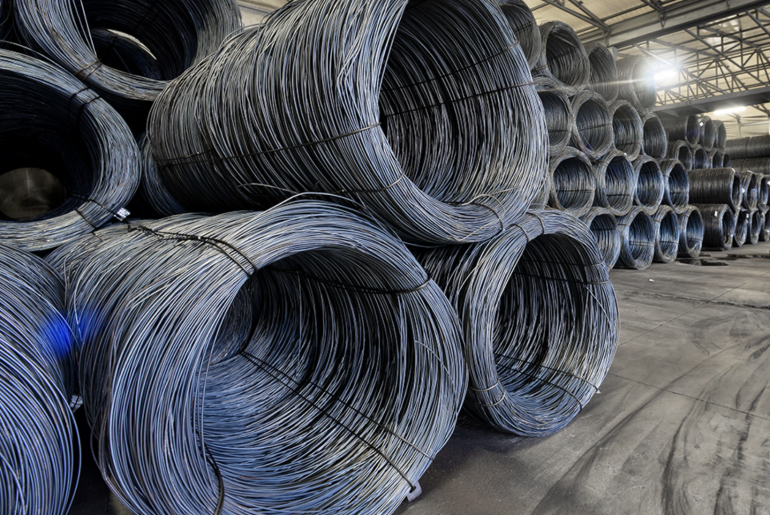Ties, fasteners, baling, and transportation thereof is a key factor in manufacturing, and as such, it is essential to choose the right baling wire. This article will provide some specific tips and advice as to how you can choose the right wire for the job at hand. Baling wire is used for everything from securing works, simple maintenance and fastening, baling recycled cardboard, paper, and e-waste, securing loads to trailers, and ensuring that loads reach their destination securely.
The Weather
Depending on what you intend to bale and transport, you need to consider the weather conditions where you will store the materials and thus whether you need galvanized wire. The galvanization of baling wire will make it last as long as possible, ensuring that whatever you have baled up remains tied and intact. If your goods or even recycled bales are bound using a wire baler that is not weather suited, then all the hard work could very well be undone as the wire deteriorates and rusts, eventually breaking, allowing all the bales material to come loose.
Transport Conditions
How you transport the materials, recycling, or even waste is important for both the end user and the transporter themselves. Rail transport will differ from road and require different fastening and ties. Understanding the transport conditions and when the goods need to get to the end point is key and will determine how you secure the goods and what baling wire is used to tie good down or tie them together.
Tensile and strength requirements
Fastening and tying are a key component of the manufacturing and logistics process, and as such, the wire you use is critical to the entire process. The strength of baling wire is thus critical and is one of the aspects of transport in the manufacturing sector that must be planned and well thought through. Don’t try to save money on your logistics ties and fasteners, or the goods that you send could end up on the side of the highway. Tying down goods or tying goods together is an important and critical part of manufacturing logistics, and the most common way to ensure that you get this right is to have the appropriate wire, ties, and fasteners.
One of the most common logistics issues or problems is the loss of goods and products when bales come loose or have not been tied or fastened using the correct wire. Various logistics firms will perform a pull test to ensure that the wire they use is the strength they need and will hold up in transit and in all weathers. It baffles the mind that something as small and arguably insignificant as the baling wire used can affect your entire manufacturing operation. Choose the right wire for the tying job at hand and be assured of your goods, recycling, or even waste reaching the buyer in the state that it left; safe and secure and ready to be processed further.

